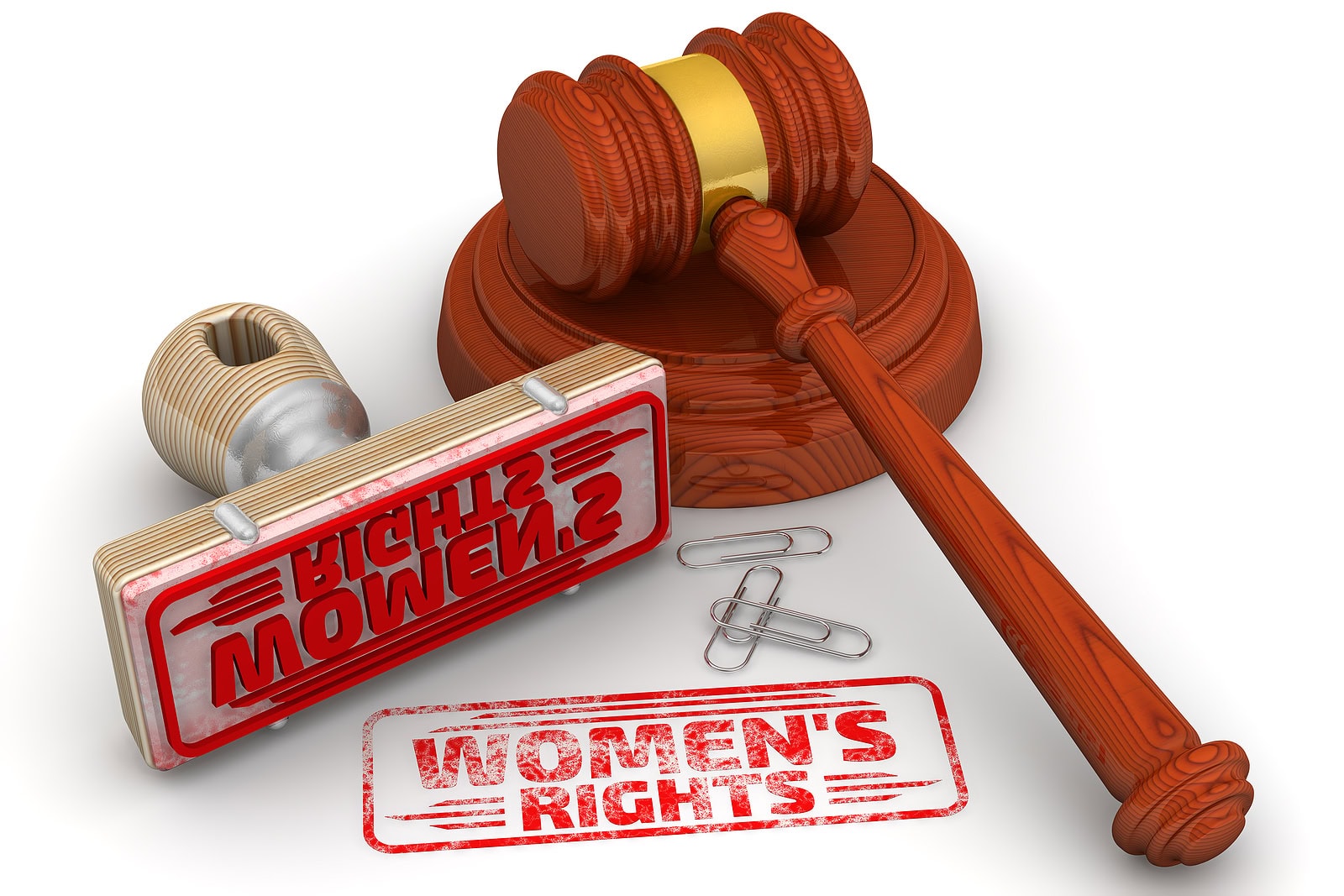How the Paragard IUD Lawsuit Is Shaping Women’s Healthcare Legal Rights
Legally Reviewed and Edited by: Terry Cochran

The Paragard IUD is a T-shaped non-hormonal contraceptive inserted into a woman’s uterus to prevent pregnancy for up to ten years by releasing copper ions that are toxic to sperm. It is the only FDA-approved non-hormonal IUD in the US and a popular choice among women looking for a hormone-free birth control option.
Recently, thousands of women have joined the ongoing Multidistrict litigation against the manufacturers of Paragard IUD, alleging that they were not warned about the risk of breakage and related complications during IUD removal.
The lawsuit also alleges that the manufacturers knew or should have reasonably known about the risk of breakage during removal from clinical trials and third-party reports but failed to address the defects in their product.
The ongoing Paragard IUD lawsuit has several implications for women’s healthcare legal rights.
Informed Consent
One of the issues the women in the Paragard IUD lawsuit have asserted is the lack of adequate warning about Paragard IUD complications from breakage during removal. The lawsuit alleges that the manufacturer overstated the benefits of the IUD while minimizing and downplaying key safety information from both healthcare providers and patients.
Under the Patient Bill of Rights, women seeking contraceptives have the right to easy-to-understand information about their treatment options. This information includes the benefits and risks of treatment.
ParaGard IUD manufacturers, by failing to provide safety information to healthcare providers and women seeking contraception:
- Denied women the ability to make informed decisions about their reproductive health, especially when the risks of breakage come with severe consequences such as hysterectomies, infertility, and chronic pain. Some plaintiffs have stated that they would have chosen a different birth control option had they been adequately warned about the risks of breakage and resulting complications, highlighting the need for informed consent in reproductive health decision-making.
- Interfered with healthcare providers’ ability to provide quality care to their patients. Without proper knowledge about the risks of Paragard IUD breakage during removal, healthcare providers cannot take preventive measures to reduce or avoid harm.
The outcome of the Paragard IUD lawsuit could inform regulations about manufacturers’ responsibility to uphold informed consent by providing adequate safety information to healthcare providers and patients.
FDA Oversight
The Paragard IUD lawsuit has raised concerns about the regulatory oversight and the manufacturer’s responsibility in providing safe birth control options to women. Plaintiffs in the Paragard birth control lawsuit have alleged that the IUD had a design or manufacturing defect that presented harm to the women that neither they nor their healthcare providers could anticipate.
The Paragard IUD consists of a T-shaped plastic frame made from polyethylene and barium sulfate. Copper wires are also wrapped around the device to provide an inflammatory and toxic effect to sperm, thus preventing pregnancy.
The marketing of the device suggests that its arms are flexible and easy to remove. However, as thousands of reports to the FDA dating back more than ten years have shown, these arms tend to become rigid with continuous use, increasing the risk of breakage during removal.
Plaintiffs in the lawsuit allege that the manufacturer knew, or should have reasonably known, that the device was prone to breakage and either improved their product design or updated their safety warnings and instructions for removal.
The ongoing lawsuit may shape how the FDA and other consumer protection organizations in the US regulate the manufacturing and quality testing of their products before and after marketing. Stricter regulations could also see the development of safe birth control options.
Impact of Birth Control Lawsuits on Women’s Legal Rights
Birth control lawsuits are a significant catalyst for the legal rights of women. They highlight the need for quality products and better patient and provider education to ensure that women have full autonomy over their reproductive health decisions.
The lawsuits also point to a deeper issue in the disregard for the safety of birth control products in the market. Ongoing birth control lawsuits point to an industry-wide problem in manufacturing products whose risks outweigh their benefits, while marketing and distributing them as “safe” and “effective”.
These lawsuits have also raised concerns of unjust enrichment, citing that these companies prioritize their profits over the reproductive health of the women who use these birth control options.
The outcome of these lawsuits could shape how manufacturers research, develop, and market birth control options. They could also influence regulations and policies around manufacturing, consumer protections, and reproductive rights.
What You Can Do to Protect Yourself
If you have suffered injuries due to Paragard IUD use, you can protect your legal rights by joining the ongoing Multidistrict Litigation claim against the manufacturers of the IUD. You can do this by contacting our compassionate, knowledgeable Cochran, Kroll, & Associates, P.C. attorneys, who will file a claim on your behalf, ensuring you’re part of the lawsuit.
At Cochran, Kroll & Associates, P.C., we are experienced attorneys specializing in medical device product liability cases. Senior partner Eileen Kroll is a registered nurse and uses her healthcare knowledge to interpret medical records as a nurse attorney.
We can review your case, guide you through the litigation process, and help you understand your rights and legal options. Contact us today for a free, no-obligation consultation. Our contingency fee basis means we only get paid if we win your case, so there is no financial risk to you to get started. Call our law firm today at 1-866-642-4529 and schedule your no-obligation, free case evaluation.
Disclaimer : The information provided is general and not for legal advice. The blogs are not intended to provide legal counsel and no attorney-client relationship is created nor intended.




